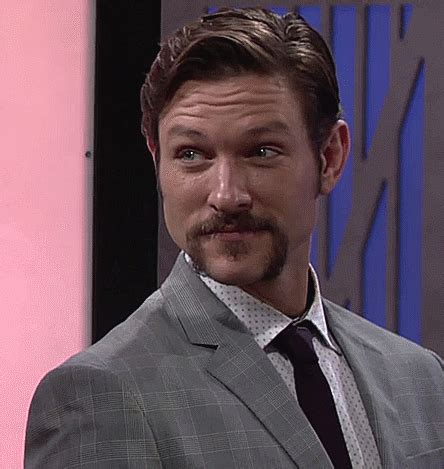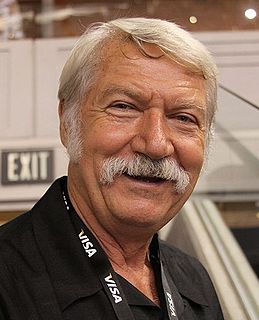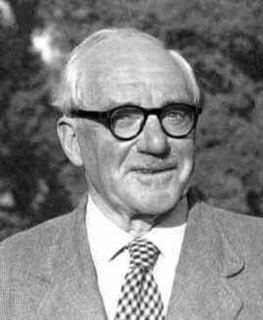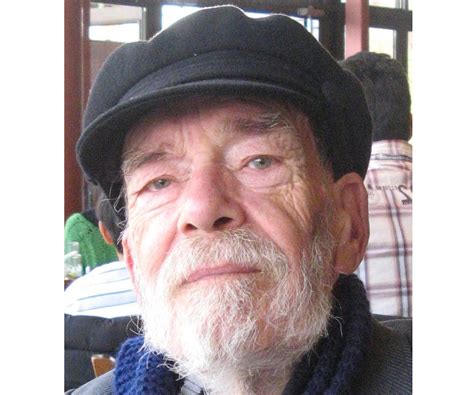A Quote by Michael Graziadei
I think in an ideal world, one would be able to do everything, however, we don't live in an ideal world.
Quote Topics
Related Quotes
As a teenager growing up in Europe, I embraced the romantic ideal. For me, I had to give up the ideal that one person would be there for everything. Once you give up that ideal, then you begin to accept the person that you are with - the person who won't be able to give you everything and who won't be able to know exactly what you want and feel without you even needing to say it.
I want freedom, the right to self-expression, everybody's right to beautiful, radiant things.' Anarchism meant that to me, and I would live it in spite of the whole world — prisons, persecution, everything. Yes, even in spite of the condemnation of my own closest comrades I would live my beautiful ideal.
In an ideal world, social responsibility would be a prerequisite for design, and designers would vow to produce beautiful, useful, positive, responsible, functional, and economical things and concepts that are meaningful additions to—or sometimes subtractions from—the world we live in. Indeed, design deserves such thoughtful consideration.
Renunciation - non-resistance - non-destructiveness - are the ideals to be attained through less and less worldliness, less and less resistance, less and less destructiveness. Keep the ideal in view and work towards it. None can live in the world without resistance, without destruction, without desire. The world has not come to that state yet when the ideal can be realised in society.
An artist never works under ideal conditions. If they existed, his work wouldn't exist, for the artist doesn't live in a vacuum. Some sort of pressure must exist. The artist exists because the world is not perfect. Art would be useless if the world were perfect, as man wouldn't look for harmony but would simply live in it.
We come finally, however, to the relation of the ideal theory to real world, or "real" probability. If he is consistent a man of the mathematical school washes his hands of applications. To someone who wants them he would say that the ideal system runs parallel to the usual theory: "If this is what you want, try it: it is not my business to justify application of the system; that can only be done by philosophizing; I am a mathematician". In practice he is apt to say: "try this; if it works that will justify it".
How can we satisfy ourselves without going on in infinitum? And, after all, what satisfaction is there in that infinite progression? Let us remember the story of the Indian philosopher and his elephant. It was never more applicable than to the present subject. If the material world rests upon a similar ideal world, this ideal world must rest upon some other; and so on, without end. It were better, therefore, never to look beyond the present material world.

































